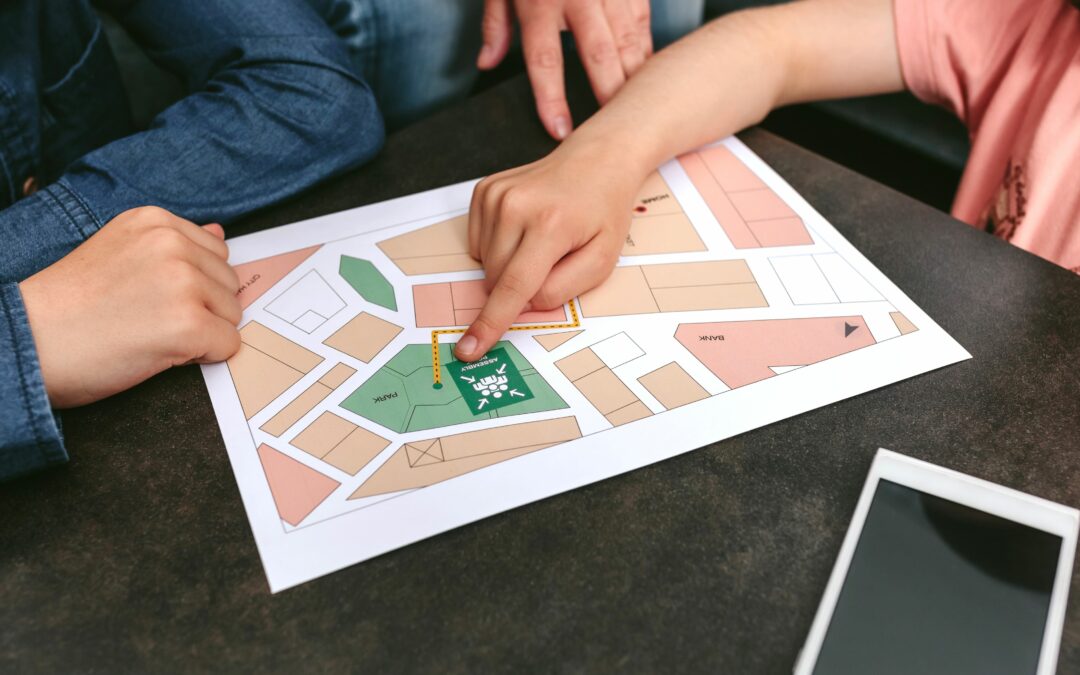At any moment the delivery of services can be disrupted by natural disasters (blizzards, earthquakes, floods, hurricanes, tornadoes, etc.) as well as by other types of emergency situations, such as electrical power blackouts.
The aim of this educational pamphlet is to help you understand how Jefferson Park plans for disasters. Hopefully, we will never need to use the emergency measures developed by the management staff. However, by knowing what to do and preparing ahead, one can feel secure if an emergency should occur.
Employees are trained to respond to any type of emergency. Employees are trained during orientation, quarterly, and/or annually participating in drills and/or written materials. While a resident at Jefferson Park, you may hear code paging which may include names for fire, severe weather, or the CPR team. In any type of an emergency (staff will inform you if either a drill or a real emergency) our staff will provide you with instruction as to what you should do.
If you are the one to identify the emergency, report it to the nurse immediately. If there is a fire in your room, leave the room immediately, close the door, and pull the fire alarm on the red box located hallway and go to the nurse’s station.
Residents will be instructed by the staff if an emergency occurs. Emergency Coordinators of the facility will direct residents as to the type of response needed and when to respond. The facility has agreements with companies for additional water, supplies and medications. The facility is equipped with an emergency generator to provide temporary power for services and equipment if there is a power failure.
Your medical file will be securely maintained. During an emergency, it is very important that the facility staff know where you are at all times. You will need to report to facility staff member if you leave the area.
| REMEMBER: |
|
1. Remain calm.
2. If/When you leave your unit, always close the door.
3. Put safety first. Do not take time to gather personal belongings, or get fully dressed, or put in your hearing aid, etc. Move immediately to the nearest exit with staff assistance.
4. Fire doors in the hallways will close automatically when the fire alarm sounds.
5. Before passing through any door to another area of the building touch the door with the back of your hand. If it is hot, do not enter.
6. Always exit in the direction opposite the smoke or flame.
|

